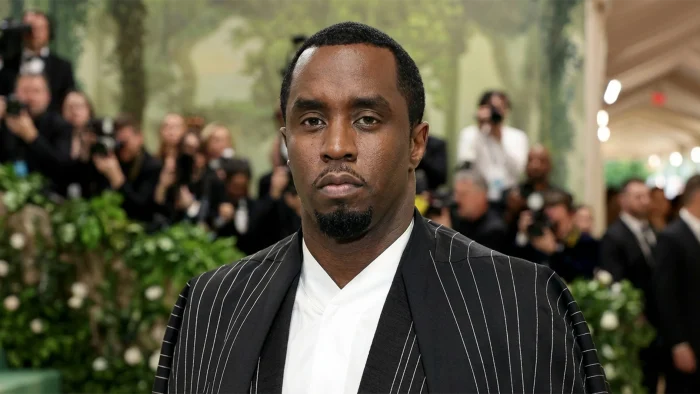Death is often regarded as the last breath in the dance of life, the final beat of the talking drum. Yet, in the world of transplant surgeons, it is the dawn of a new life.
[ad]
In this spirit of renewal, organ donation crept in as a selfless act that can transform the lives of individuals.
Therefore, Guardian Life delves into world of organ donation, exploring the gifts that can be passed on after death, breathing life into others even as one journey ends.
READ ALSO: TG Omori receives kidney donation from brother
[ad]
Organ removal immediately after death is tied to time as experts have said organs begin to deteriorate rapidly once the heart stops beating.
WHO explains
According to the World Health Organisation (WHO), Organs cannot be stored and must be used within hours of removing them from the donor’s body.
The Global Health Body on its website, in an overview titled, ‘Organ Donation and Transplantation’ states that internal organs that one can donate include kidneys, liver, pancreas, heart, intestines and lungs.
“Transplantation is often used to treat end-stage kidney disease. Diabetes is the most common cause of kidney and pancreas transplantation.
[ad]
“People with either acute or chronic liver failure may need a liver transplant to survive. Most often, chronic liver failure is the result of alcoholism that has produced scarring of the liver called cirrhosis. Patients selected for heart transplants have severe end-stage heart failure that is caused by a variety of cardiovascular diseases, hereditary conditions and viral infections of the heart.
“Other donatable tissues include blood, stem cells, veins, skin, bone, cornea, skin and heart valves. Cartilage, tendons and ligaments can also be used to mend damaged tissues in recipients,” WHO noted
Also, President of the Transplant Association of Nigeria (TAN) Prof. Jacob Awobusiyi who was a Guest Speaker at a symposium organised by Eye Bank for Restoring Sight, Nigeria (EBRSN), said organs could be donated after the person dies, according to him, these include:
[ad]

1. kidneys
2. liver
3. lungs
4. heart
5. Pancreas
He added that intestines and corneas can also be donated.
READ ALSO: Poor lifestyle, cost of care expose 27m to renal ailments, death
“For instance, after death, the brain dies within five minutes. The kidneys, for instance, can still survive for up to 12 hours or even 24 hours if preserved appropriately and likewise the other organs,” Awobusiyi noted.
Additionally, a study carried out by Ulasi, Ifeoma and Ijoma, Chinwuba titled, ‘Organ Transplantation in Nigeria, concluded that Nigeria has achieved a lot during the last 15 years.
[ad]
“Although transplantation did not exist before 2000; kidney, bone marrow, and cornea transplants are currently performed in the country. It is encouraging that the country now has a legal framework that will regulate activities of both living and deceased donor transplants once the bill is implemented. Although there is a lot of room for improvement, the country is hopeful that the implementation of the bill will accelerate stransplant volume, patient care, and financial support,” the study explained.
[ad]








